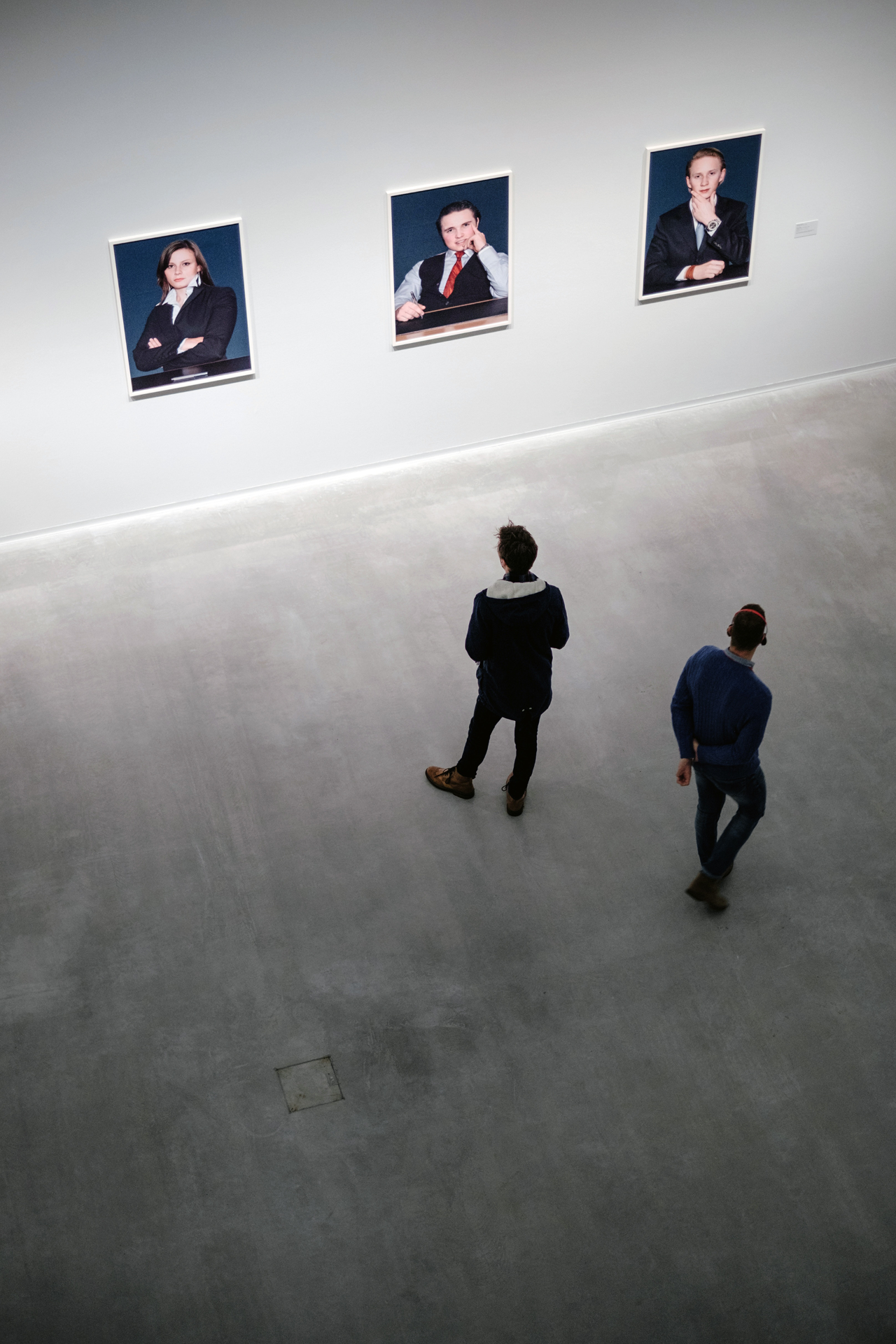Who we are
In the last months of 2017 I decided to create a Journal of Masonic Studies. I contacted many scholars, researchers and academics from various countries who are experts in this field. The setting had to be different from the existant sites and "critical research" based on a methodological module that operates on documents with hermeneutic and philological rigor. The selection among articles or books chapters published or unpublished was not easy, important was the selective criterion of criticism of commonplaces, imaginative conceptual constructions, mytho-history that flows impetuously in oratory and Masonic rhetoric. The main problem of historical and cultural research on Freemasonry is that it is carried out mainly within masonic institutions and that sometimes or almost always it has a different function from that of scientific research. The archival and library resources of the major masonic institutions are currently in first place in finding documents of interest to masonic history and culture. In fact, the retrieval of documents from other sources, public or private archives or libraries, is complex and difficult, requiring resources and skills reserved for specialists and that only rarely brings results. This is due to the lack of interest or retrieval or conservation by the majority of archival institutions in the subject, so that the discovery of an important document of masonic interest is not infrequently due to chance. At the same time, it should be added that research is being developed by scholars and researchers from outside official masonic institutions who operate as far as possible without the conditioning, mental reservations and conscious or unconscious self-censorship of those who are members of an association. A critical study has a basic prejudice: "to accept uncritically what is commonly said or written". This is clearly a tautology, but I use it to explain myself better. Critical research is important to break down certain "prejudices" or clichés. A typical example is a research on the first masonic speculative lodges that would have demonstrated their primogeniture in Scotland and not, as always it was said, in England or the recent and "scandalous" report that questions the date of birth of the first Grand Lodge in 1717 moving it to the most likely 1721 because there are no documents before this date that give a certain verification. A "critical" thesis that is causing not only a stir but also attempts to challenge. Well known is the epistemological thesis that the results of a research are valid if they are confirmed by research methodologically equally. And also, that a scientific thesis is such when it can be falsified and that is contradicted by further studies or new methodological models, this means that there are no forever valid theories in science and that it evolves through successive approximations where previous data and results can be surpassed by subsequent ones. In the field of historiography, no serious researcher claims that his interpretation of the documents or testimonies found is definitive, it can be disconfirmed by new evidence. In the field of the study of the Masonic culture things go in another direction, the proposed theses, or research hypotheses, are always questionable expressions of the single author. They are all the more shareable the more they are based on documents that have been ascertained to be reliable. In any case, opinion is not the truth. This is the difference between history and mytho-history in the masonic sphere. The first has an informative purpose, declarative with due prudence, the second instead is educational, has a metaphorical or allegorical function, but it is not the truth because its purpose is not to establish how things really happened. The allegory is truly such only if it is expressly declared as such, but when it is expressed as a historical truth in which case it operates in the field of falsification. The journal CRITICA MASSONICA wants to operate in the field of reality and not of allegory, and if this is done in phenomenological terms, the use of allegory is left to the officials of the Oratories of the Lodge or of the Grand Lodge, which have purposes other than scientific research. This magazine would not have seen the light of day without the help and dedication of Christopher Sicurella; whom I thank very much, and the editorial collaboration of Felipe Côrte Real De Camargo which is also precious.
EDITORIAL REMARK
All articles in CRITICA MASSONICA are published in their original language. We have however decided they shall be translated into English for the simple reason that Italian is a language little known by the general public and also by many scholars and researchers at the international level.

